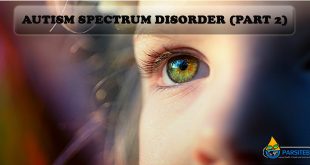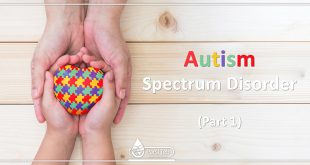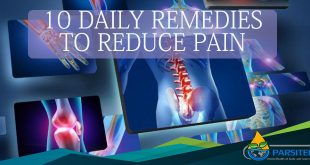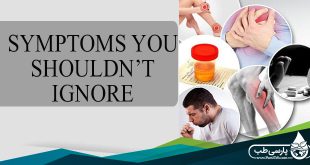Chewing: Researchers believe that: slowly eating slowly keeps us healthy.
Here are seven reasons why chewing and digestion are important:
Get more nutrients and energy from foods

Chewing breaks your food down from large particles into smaller particles that are more easily digested. This also makes it easier for your intestines to absorb nutrients from the food particles as they pass through.
This also prevents improperly digested food from entering your blood and causing a wide range of adverse effects to your health.
In those who chewed less, the larger particles were passed through the body, while also providing opportunistic bacteria and fungi with a source of fuel during their transit. Purdue University professor Dr. Richard Mattes explained.
Take care of your weight

The longer you chew, the more time it will take you to finish a meal, and research shows that eating slowly can help you to eat less and, ultimately, to avoid weight gain or even lose weight. For example, chewing your food twice as long as you normally would will instantly help you control your portion sizes, which naturally decreases calorie consumption.
It takes time (generally about 20 minutes) for your brain to signal to your stomach that you’re full, and this may explain why one study found people reported feeling fuller when they ate slowly.2 They also ended up consuming about 10 percent fewer calories when they ate at a slow pace, and presumably chewed slower, as opposed to when they were rushing.
Your food gets more exposure to your saliva

Saliva contains digestive enzymes, so the longer you chew, the more time these enzymes have to start breaking down your food, making digestion easier on your stomach and small intestine. One of these enzymes is lingual lipase, an enzyme that helps break down fats, for example. Saliva also helps to lubricate your food so it’s easier on your esophagus.
Easier digestion
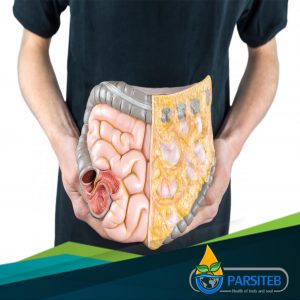
The chewing process predigests your food into small pieces and partially liquefies it, making it easier to digest. Digestion is actually a very demanding task for your body, requiring a great deal of energy, especially if forced to digest improperly chewed food. Chewing properly allows your stomach to work more efficiently and break down your food faster.
It’s good for your teeth

The bones holding your teeth get a ‘workout’ when you chew, helping to keep them strong. The saliva produced while chewing is also beneficial, helping to clear food particles from your mouth and wash away bacteria so there may be less plaque buildup and tooth decay.
Less excess bacteria lingering in your intestines
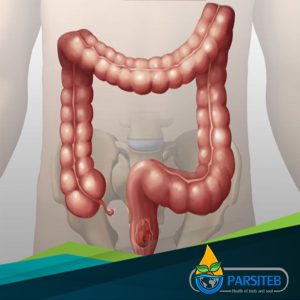
When large particles of improperly chewed food enter your stomach, it may remain undigested when it enters your intestines. There, bacteria will begin to break it down, or in other words it will start to putrefy, potentially leading to gas and bloating, diarrhea, constipation, abdominal pain, cramping and other digestive problems.
Enjoy and taste your food

If you rush through your meal with hardly any chewing, you’re also not really tasting or enjoying the food. When you take the time to properly chew your food, it forces you to slow down, savor each morsel and really enjoy all the flavors your food has to offer.
 Parsi Teb Physical and Mental Health Journal
Parsi Teb Physical and Mental Health Journal 
